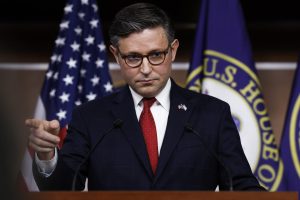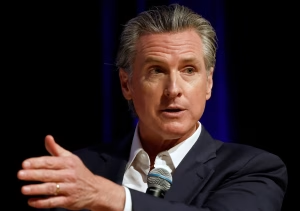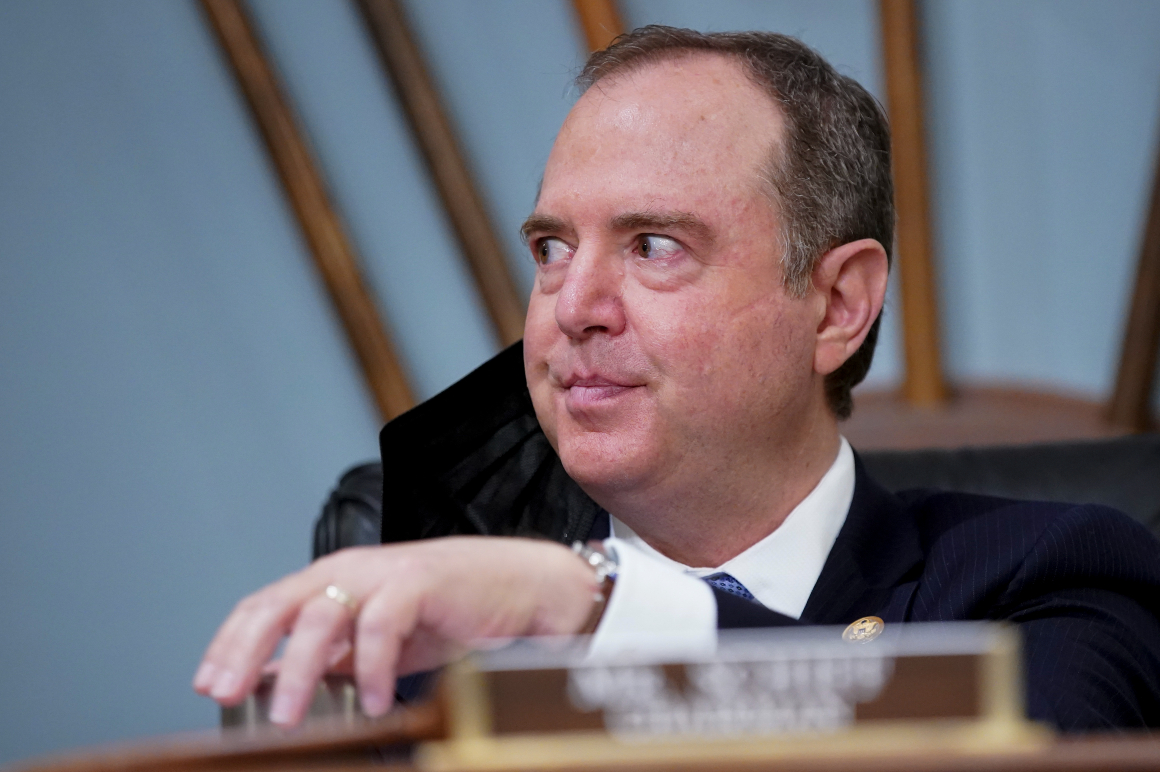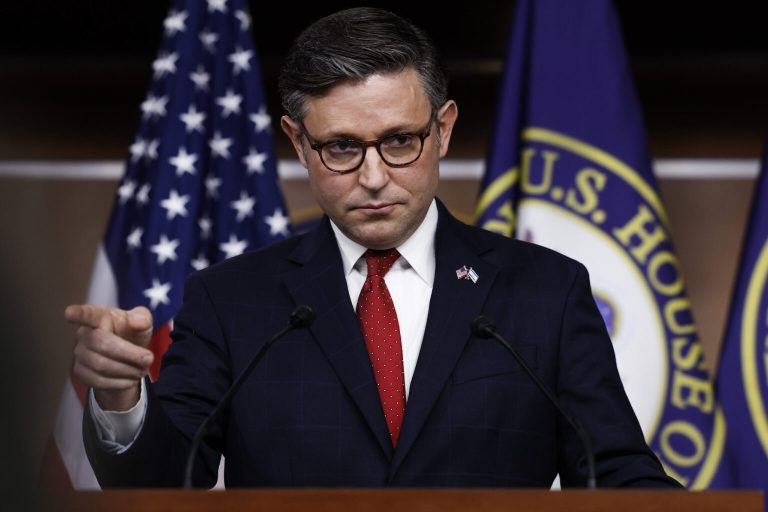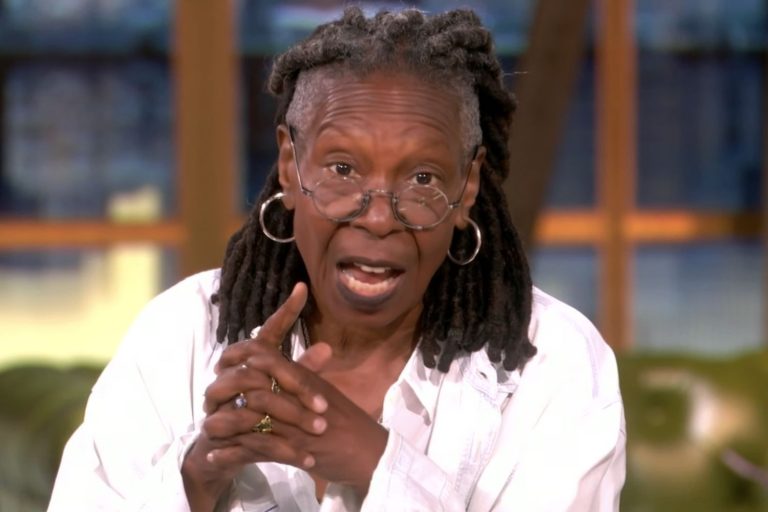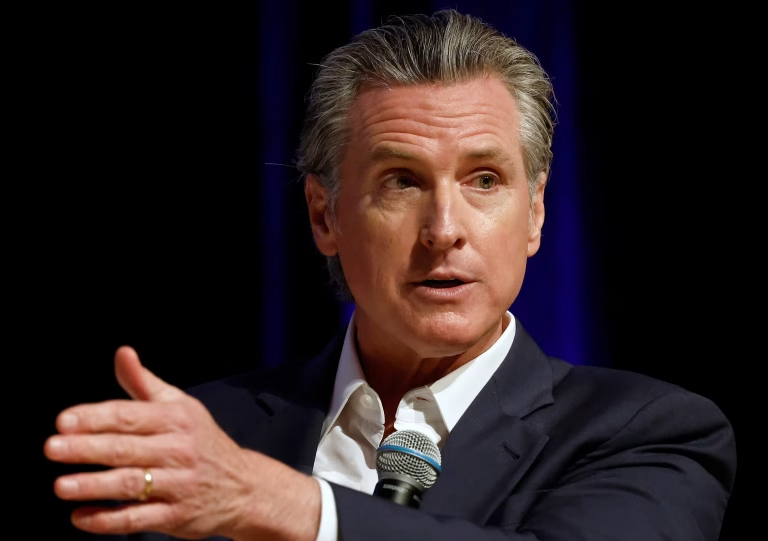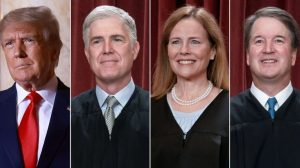A newly resurfaced whistleblower allegation is stirring debate in Washington over the handling of classified material and the integrity of congressional oversight.
According to newly declassified FBI interview reports, a long-time Democratic congressional staffer has accused Sen. Adam Schiff (D-CA)—the former chairman of the House Intelligence Committee—of authorizing or condoning the leaking of classified information during the Trump administration.
If those claims prove accurate and prosecutors choose to pursue the case, Schiff could face steep fines and possible prison time under federal law. But for now, the allegations remain unproven, and the political reaction reflects the deep divisions that have characterized debates over government transparency, partisanship, and the use of intelligence in Washington.
Allegations Resurface After Years of Silence
The whistleblower, who reportedly worked for Democrats on the House Intelligence Committee for over a decade, told FBI investigators that in 2017 Schiff encouraged staff to share classified material with the press in order to damage then-President Donald Trump.
According to the whistleblower, Schiff allegedly stated in an internal staff meeting that “the group would leak classified information which was derogatory to President Trump,” adding that the leaks “would be used to indict the President.”
The whistleblower claims he objected immediately, calling the idea “unethical and possibly treasonous,” but says his concerns were dismissed by other staffers who told him “we would not be caught leaking classified information.”
He also alleged that Rep. Eric Swalwell (D-CA), another senior Democrat on the committee, may have served as a conduit for those leaks, though there is no independent confirmation of that claim.
Schiff’s Background and Role During the Russia Investigation
At the time, Schiff was one of the most visible Democratic voices in Congress and played a leading role in the House Intelligence Committee’s investigation into possible Russian interference in the 2016 election. His committee handled some of the most sensitive intelligence in government, including intercepts, witness interviews, and classified briefings.
In that capacity, Schiff became a lightning rod for criticism from Republicans, who accused him of selectively leaking information to shape public narratives about Trump’s ties to Russia. Schiff consistently denied those claims, calling them politically motivated efforts to discredit his oversight role.
The new allegations, if verified, could add a dramatic layer to that long-running controversy.
The Whistleblower’s Interactions with the FBI
Documents cited by the New York Post and reviewed by Just the News indicate the whistleblower first brought his concerns to the FBI in 2017. He claims that the bureau, including then–Deputy Director Andrew McCabe and later Director Christopher Wray, took no substantive action.
In 2023, the whistleblower says he repeated his claims to FBI agents in the St. Louis field office, again with no apparent follow-up. Those agents reportedly conducted interviews and took notes that were later declassified this year.
Critics of the FBI argue that the bureau’s failure to investigate a sitting member of Congress reflects a double standard in how political figures are treated based on party affiliation. Supporters of the FBI counter that the agency cannot act without corroborating evidence and must avoid politicizing sensitive cases involving elected officials.
What Legal Experts Are Saying
Former U.S. Attorney Brett Tolman, who previously served as a federal prosecutor under President George W. Bush, told commentator Benny Johnson that leaking classified material could carry severe legal consequences under U.S. law.
“The fine is up to $250,000 for every leak that’s charged,” Tolman explained. “It depends on the number of counts in the indictment, but the penalties escalate quickly when multiple documents or incidents are involved.”
He also noted that prosecutors would consider the motive behind any alleged leaks. “If the intent was to undermine the United States or obstruct the lawful duties of government, that could result in sentences of up to 20 years in prison,” he said.
Tolman emphasized that while the alleged behavior would not technically qualify as “treason” under the Constitution—since the United States is not at war with Russia—the case could still involve other serious federal crimes such as conspiracy, misuse of classified material, and obstruction.
The Political Ramifications
The potential fallout for Schiff extends beyond the courtroom. If proven true, such actions could severely damage his credibility and reputation as one of Congress’s leading voices on intelligence and national security.
Schiff, who was first elected to Congress in 2000 and later won a U.S. Senate seat, built much of his public image on issues of ethics and oversight. His handling of the Trump–Russia probe, his role in the first impeachment of Donald Trump, and his repeated calls for stronger oversight of the intelligence community have made him a polarizing figure.
Republicans have long accused him of exploiting his access to classified material for political gain. Democrats, meanwhile, have generally defended him as a diligent lawmaker unfairly targeted for challenging a controversial president.
The new allegations, therefore, are being interpreted along partisan lines—Republicans see them as confirmation of long-held suspicions, while Democrats warn of another politically motivated attack aimed at weakening a prominent Trump critic.
A Broader Debate on Accountability and Transparency
Regardless of the outcome, the episode underscores a larger debate about how intelligence is handled in Washington and whether accountability standards differ based on political standing.
Kash Patel, a former Trump national security official who has been sharply critical of the FBI, suggested the agency’s apparent inaction fits a “pattern” of protecting politically connected figures. “We’ve seen again and again how the FBI fails to act when allegations involve someone in power,” Patel said.
Others caution against rushing to judgment. Former Justice Department official David Laufman, who helped oversee counterintelligence investigations, told NPR that “allegations alone are not evidence” and that whistleblower claims must be vetted with documentation and corroboration before action is taken.
“The Justice Department cannot and should not move against any member of Congress without a robust evidentiary record,” Laufman said.
Schiff’s Response
So far, Sen. Schiff has not issued a formal statement in response to the revived allegations. In the past, he has categorically denied leaking classified information and dismissed similar accusations as baseless political smears.
During a 2020 interview on MSNBC, Schiff said, “These claims are false, recycled, and designed to distract from the misconduct of others. I have always followed the law and House rules regarding classified information.”
Supporters of Schiff argue that the timing of the latest claims—coming shortly after the declassification of FBI records and amid heightened political polarization—suggests a strategic release aimed at damaging his reputation ahead of the 2026 election cycle.
Legal Path Ahead
For now, it remains unclear whether the Justice Department intends to take any action based on the whistleblower’s claims. The department has not commented publicly, and no indictments or formal investigations have been announced.
Legal experts note that prosecuting a member of Congress for leaks of classified material would be extraordinarily complex. The case would involve both constitutional privileges and national security sensitivities, likely requiring special counsel oversight and classified court proceedings under the Classified Information Procedures Act (CIPA).
Even if prosecutors determined that the leaks occurred, establishing criminal intent—particularly proof that Schiff himself authorized or directed them—would pose a steep evidentiary hurdle.
A Climate of Deep Division
The controversy comes at a moment when Washington is already polarized over the handling of classified materials by political leaders. Both major parties have seen prominent figures—ranging from Trump and Biden to former Vice President Mike Pence—embroiled in disputes over document storage, declassification, and intent.
To some observers, the Schiff case represents another chapter in that ongoing reckoning over secrecy, security, and political accountability.
“The reality is that both parties have struggled to navigate where political communication ends and classified protection begins,” said Georgetown law professor Jessica Levinson. “The larger problem is the erosion of public trust in how those lines are drawn and enforced.”
Conclusion
As of today, no charges have been filed, and the allegations remain just that—allegations. But the reemergence of this controversy ensures that Adam Schiff will remain at the center of an intensifying debate about secrecy, power, and accountability in American government.
If investigators ultimately determine that classified leaks occurred with intent to influence political outcomes, the consequences could be profound—not just for Schiff, but for how Congress handles national security information in the future.
For now, Washington waits to see whether prosecutors will act, the FBI will reopen its inquiry, or the story will fade like so many others in the capital’s long history of scandal and suspicion.

Emily Johnson is a critically acclaimed essayist and novelist known for her thought-provoking works centered on feminism, women’s rights, and modern relationships. Born and raised in Portland, Oregon, Emily grew up with a deep love of books, often spending her afternoons at her local library. She went on to study literature and gender studies at UCLA, where she became deeply involved in activism and began publishing essays in campus journals. Her debut essay collection, Voices Unbound, struck a chord with readers nationwide for its fearless exploration of gender dynamics, identity, and the challenges faced by women in contemporary society. Emily later transitioned into fiction, writing novels that balance compelling storytelling with social commentary. Her protagonists are often strong, multidimensional women navigating love, ambition, and the struggles of everyday life, making her a favorite among readers who crave authentic, relatable narratives. Critics praise her ability to merge personal intimacy with universal themes. Off the page, Emily is an advocate for women in publishing, leading workshops that encourage young female writers to embrace their voices. She lives in Seattle with her partner and two rescue cats, where she continues to write, teach, and inspire a new generation of storytellers.
